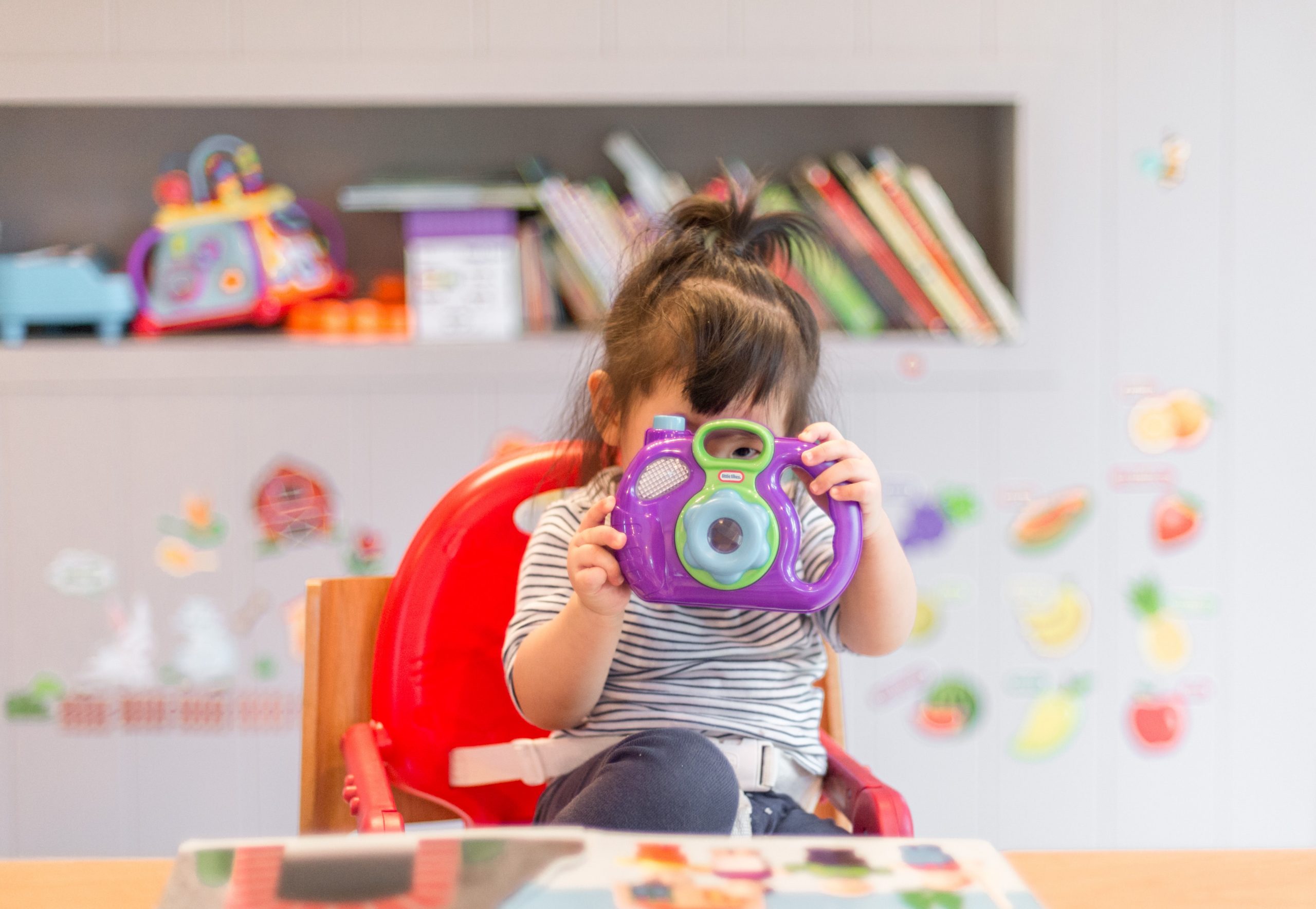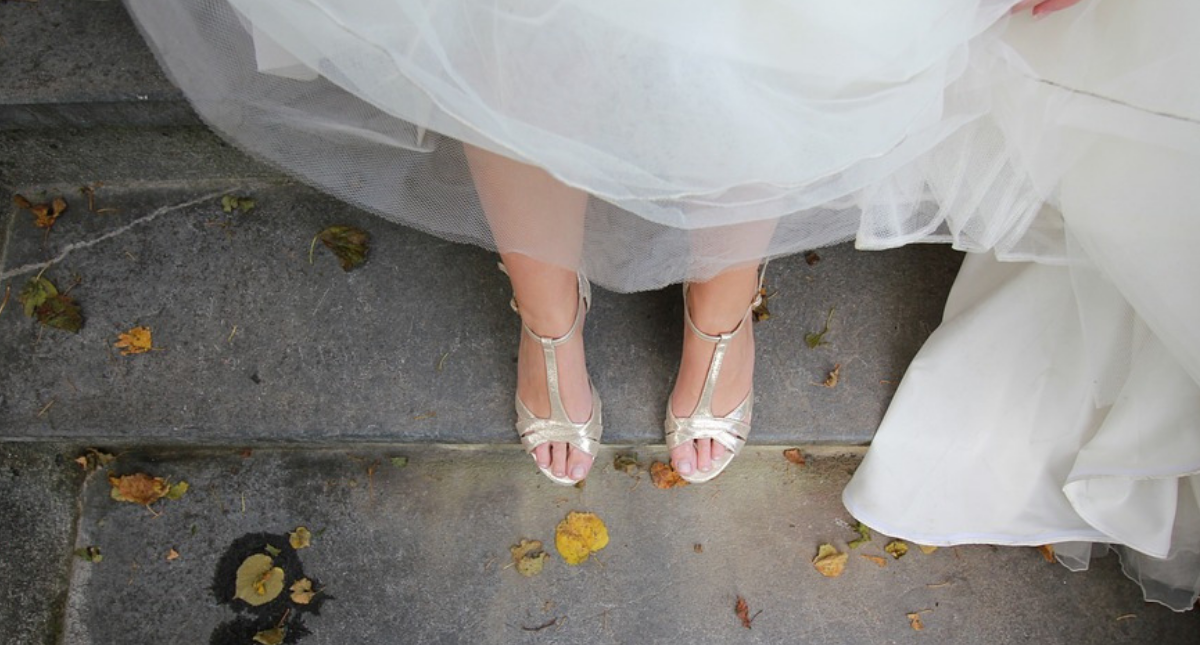

Bed wetting occurs when a child urinates by accident in his or her sleep. This happens when a child fails to wake up when the bladder is full. Bed wettings can be an embarrassing occurrence for your child. If not handled correctly, a child may carry the shame and scars around unnecessarily. I’m going to go over some tips for you to help your child to stop bed wetting. I’ll also go over positive ways to handle and encourage your child to know that it’s not his or her fault.
Don’t Drink A Lot Before Bedtime
Try to encourage your child to drink several hours before bedtime. Staying hydrated throughout the day will help to prevent those before bedtime thirst spells that so many children have. Of course, you don’t want to deny a child water, but try to get them to drink throughout the day and then slow down the drinking right before bed. This will help to keep their bladder from filling up in the middle of the night.
Have Them Use The Bathroom Right Before Bed. Possibly Wake Them To Use It Again In the Middle of the Night
Make sure that your child empties his or her bladder right before getting into bed. If bed wetting is a nightly occurrence, it will help to wake him in the middle of a sleep session to use the bathroom. This will most likely involve you setting the alarm, and then waking your child. While this may seem like an inconvenience, it will help to stop the bed wetting since the bladder will get to empty again in the middle of the night.
Be Encouraging
We all benefit by being encouraged through rough times. Children are no different, and may even benefit more than adults. Remember, that bed wetting can be an embarrassment to a child. Let them know that it’s ok and that they will eventually grow out of it. Tell them that a lot of adults including famous people that we look up to used to wet the bed when they were younger. If you ever wet the bed as a child, share that with your child. Children are often shocked that their parents aren’t perfect either. Things happen in life out of our control, including bed wetting.
Never Punish
A sleeping child cannot help it when he or she wets the bed. It will never accomplish anything good to punish a child for something that he or she can’t change. If you resort to punishment or shaming, you most likely will be scaring your child for life. Just don’t do it.
Get A Potty Chair To Put Next To The Bed
It may help to have a potty chair placed right next to the bed. Encourage your child to get up and use it anytime that they wake up in the middle of the night. By having it close to the bed, you are making the process of getting up to pee, much easier.
Make Sure That Your Child Gets Enough Rest
It may sound counterproductive to encourage your child to get to bed more often to rest. Isn’t this when the problems of bed wetting occur? Yes, this is true, but the facts are that children who are sleep-deprived are more likely to wet the bed. You may want to schedule in naps for your child if that’s what it takes to keep them on a good and plentiful sleep schedule.
Consult A Doctor
You may want to rule out any medical reasons for the bed wetting. Tests can be completed to make sure that the bedwetting isn’t due to a urinary tract infection. Diabetes and other medical conditions have the side effect of bed wetting. The following are some signs when you may want to consult a doctor:
- Bedwetting after age 6
- Bed wetting during daytime naps after age 5
- When a child starts bedwetting after stopping for 6 months or more
- Pain during urination
- If a child is going through emotional distress and starts wetting the bed
Final Thoughts
I’ve gone over some tips that you can use to help your child to stop wetting the bed. Keep in mind that bed wetting is fairly common. Also, remember that it most likely will stop as your child gets older. However, it never hurts to consult a doctor to rule out medical reasons for the bed wetting. Stay calm always and be encouraging to your child. Even if your child doesn’t show signs of embarrassment, this is a subject to tread lightly with. Always support your child and let them know that this phase won’t last forever. Good luck!
Related Article: 7 Ways To Help Your Child When They Are Disappointed




















